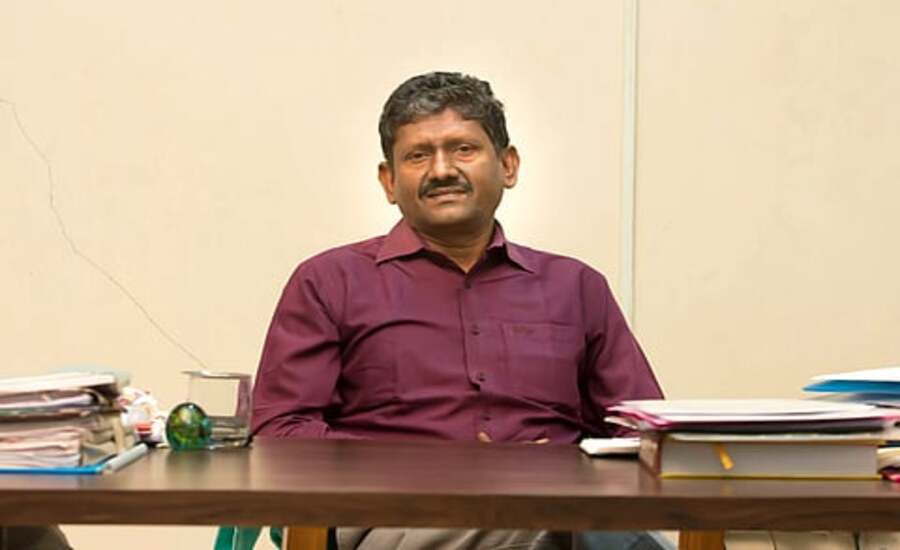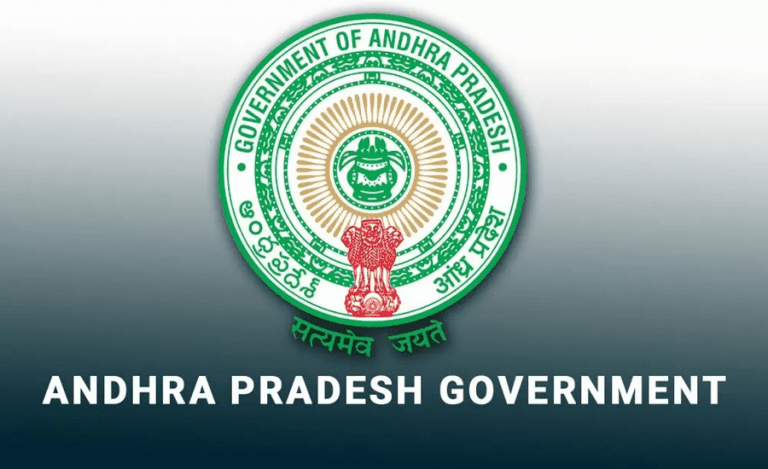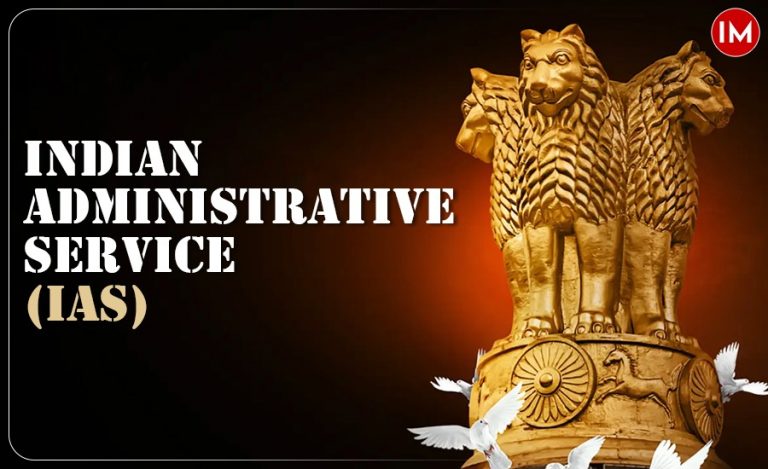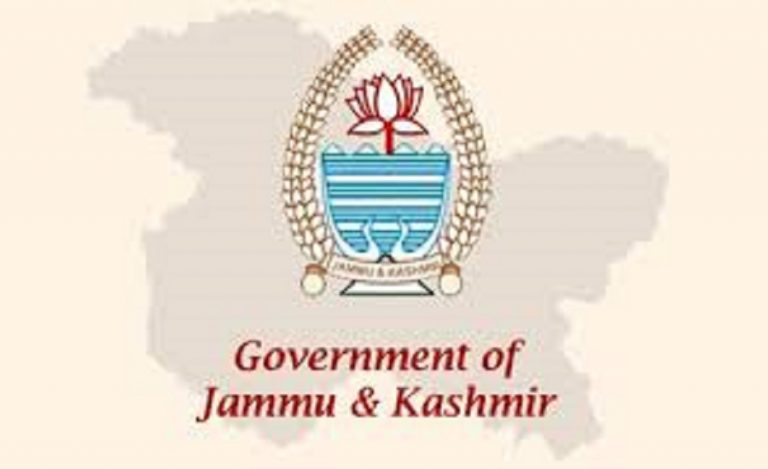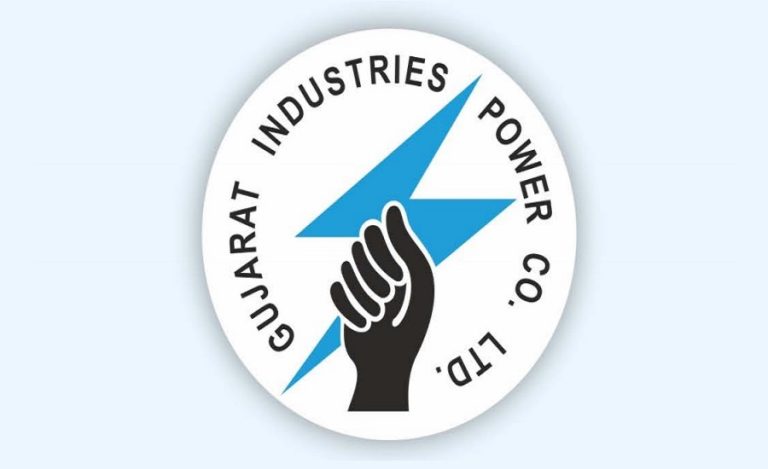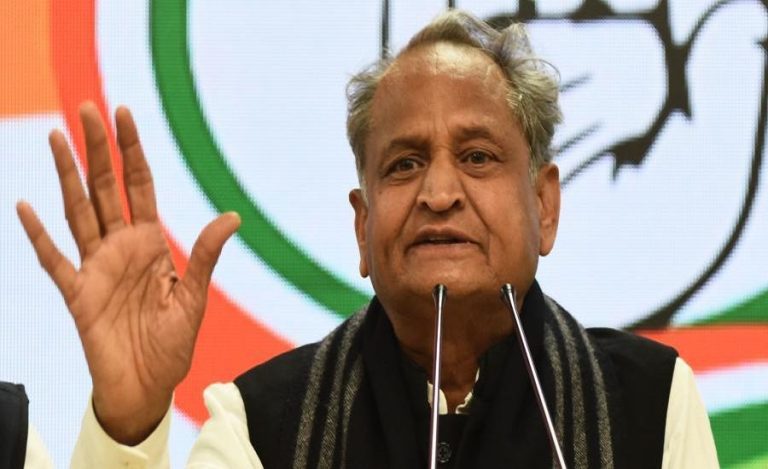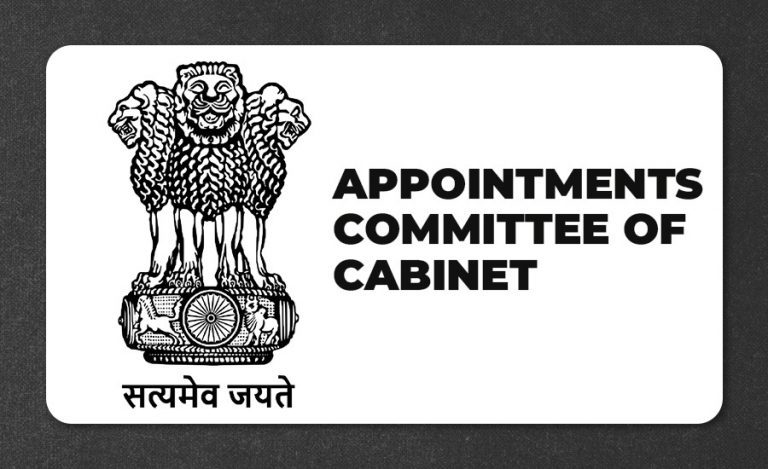Madras: In a significant judicial step, the Madras High Court has directed the Tamil Nadu state government to respond swiftly to a plea filed by retired IAS officer U Sagayam seeking restoration of his police protection. The MHC has granted a two-week timeline to the government for filing a counter-affidavit.
This development spotlights pressing concerns around security for former officials and whistle-blowers engaged in high-stakes investigations.
Background of Ex IAS officer U Sagayam Case
Mr Sagayam, a retired Indian Administrative Service (IAS) officer, had been appointed by the Madras High Court in 2014 as a Special Officer to probe massive illegal granite quarrying in the Melur (Madurai) region.
He submitted a detailed report estimating a loss of about ₹1.11 lakh crore to the state exchequer.
Post his investigation assignment, he received police protection from 2014 onwards. However, that protection was withdrawn in 2023.
According to his petition, the removal of security has hindered his ability to appear in court as a vital witness in ongoing proceedings related to the granite-mining case.
In his October 7 petition the officer sought reinstatement of his protective detail citing threats to his life.
The Madras High Court’s directive to the state government for a swift response marks a new turn in this matter.
Who is Ex IAS officer U Sagayam
Mr Sagayam belongs to the 2001 batch of the IAS and rose via the Tamil Nadu State Civil Service route after resigning from the Central Secretariat Service.
During his tenure, he gained prominence for tackling mining irregularities and corruption in the state.
As District Collector of Madurai and later as an inquiry officer, his report on illegal granite mining exposed entrenched networks operating since the early 1990s.
His career has been marked by bold administrative moves and anti-corruption undertakings, which also made him a target of threats and security concerns.
Importance of the Case
This case holds importance on multiple fronts –
- Rule of Law & Whistle-blower Safety: The petition underscores the vital need for state-provided protection for officials and witnesses who take on powerful vested interests.
- State Accountability: By directing the state to respond, the MHC affirms that protective cover cannot be arbitrarily withdrawn, especially when threats are credible.
- Strengthening Investigative Mechanisms: The case linked to mega-mining irregularities calls into question how protections for key witnesses shape the success of prosecutions.
- Precedent for Administrative Integrity: The decision could send a strong signal to other bureaucrats and activists that the judiciary recognizes protection as integral to justice.
Key Challenges
Threat Environment: U Sagayam’s investigations uncovered a mining mafia alleged to have caused mega loss to the exchequer. This increases personal risk for him.
State Reluctance / Bureaucratic Delays: The withdrawal of security in 2023 and delayed responses from state authorities raise questions on bureaucratic responsiveness.
Evidential Hurdles: Without secure witness protection, key testimony may be compromised, affecting the prosecution of large-scale corruption cases.
Public Perception & Political Pressure: Mining interests often overlap with political power centres. Ensuring impartial protection becomes politically sensitive.
Implications of Ex IAS officer U Sagayam Plea Case
- For Whistle-blowers & Officials: A favourable response by the state may strengthen the protective environment for those exposing corruption.
- For Judicial Oversight: The MHC’s order reinforces the judiciary’s role in policing administrative decisions around protection and security.
- For Pending Investigations: The restoration of protection could enable Sagayam to testify and assist in prosecuting the mining-scam case, affecting outcomes.
- For Governance & Mining Policy: It could prompt the state government to establish clearer protocols for witness protection in mining and other high-stakes probes.
Way Forward
- The Tamil Nadu government must file its counter-affidavit within the prescribed two-week window as ordered by the MHC.
- A transparent assessment of the threat level faced by U Sagayam should be carried out, followed by restoration of appropriate police protection if required.
- The state should adopt or revise guidelines for security cover for ex-officials and witnesses involved in high-risk investigations to avoid future uncertainty.
- The judiciary and executive should work jointly to create a clear protocol for withdrawal and reinstatement of protection—making decisions evidence-based and free of arbitrariness.
- Civil society and media must keep a watchful eye on the follow-through of this case, ensuring that the promise of protection is turned into practice.

